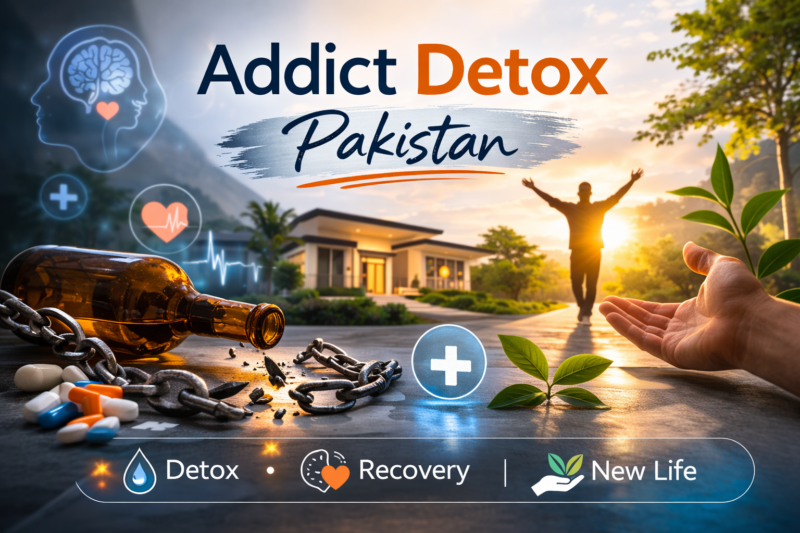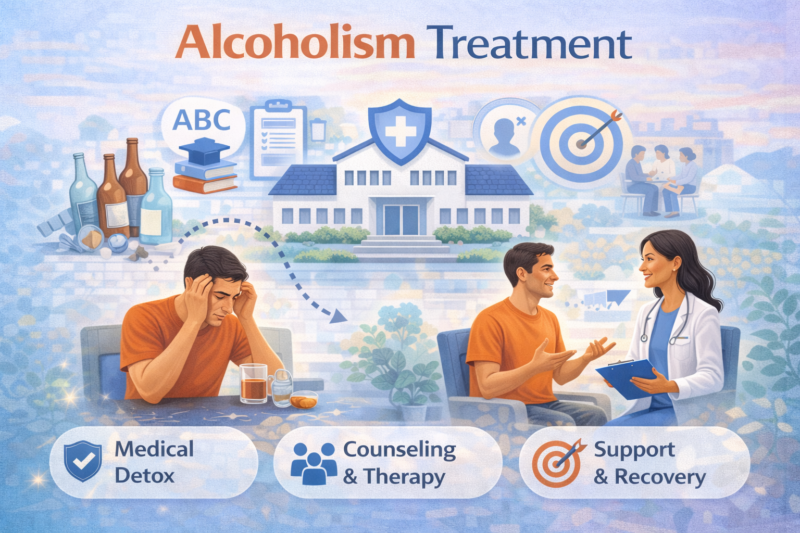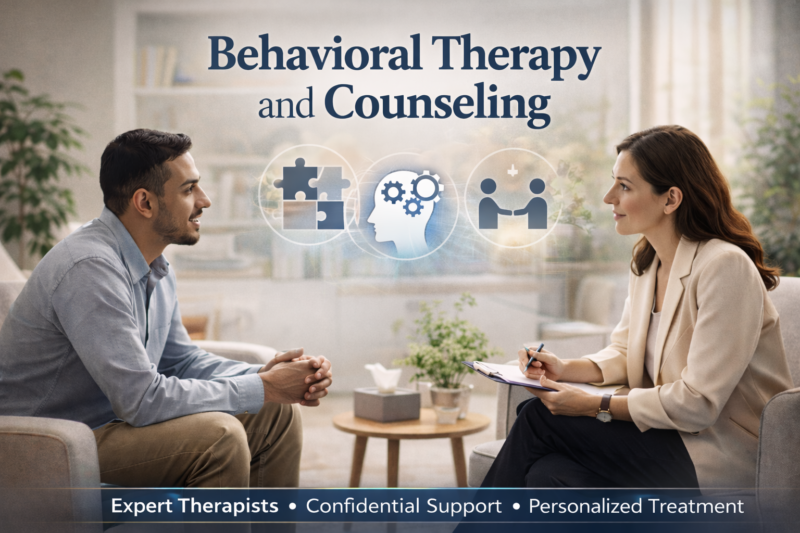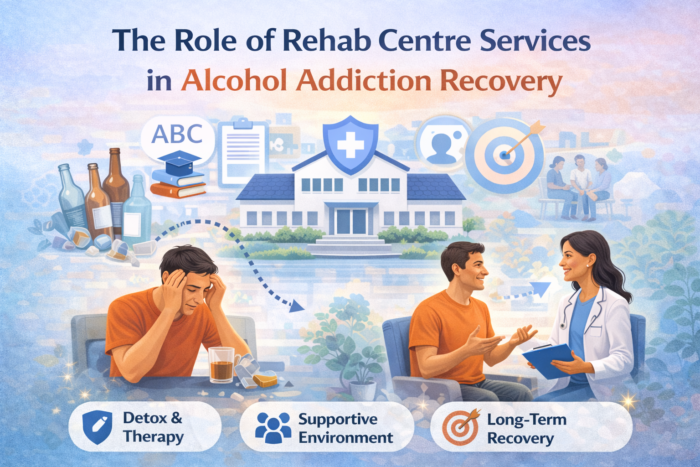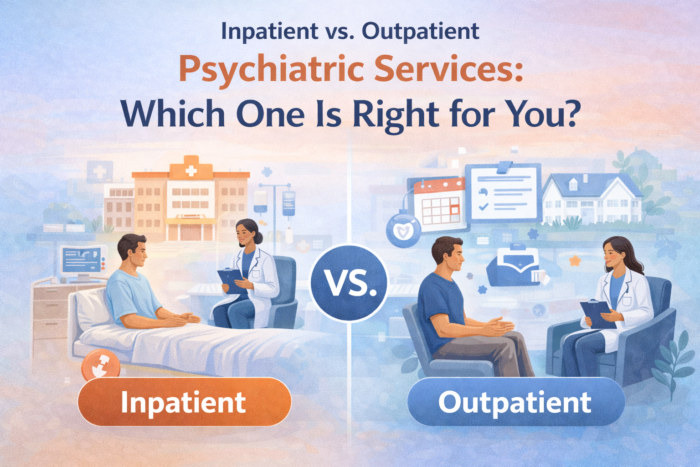
Benzodiazepines, commonly known as benzos, are a class of prescription medications used to treat anxiety, insomnia, seizures, and muscle spasms. While effective for short-term relief, prolonged use or misuse can lead to serious health risks. Benzodiazepine abuse is a growing concern globally, and in Pakistan, rising prescription rates have fueled dependence and addiction.
At New Soch Rehab and Psychiatrist Center Islamabad, we emphasize early intervention and comprehensive benzodiazepine addiction treatment. Understanding the long-term impact of benzodiazepine abuse is essential for those seeking recovery and mental well-being.
What Are Benzodiazepines and How Do They Work?
Benzodiazepines, such as Diazepam (Valium), Alprazolam (Xanax), and Lorazepam (Ativan), act on the central nervous system. They enhance the effect of a neurotransmitter called GABA (Gamma-Aminobutyric Acid), producing a calming effect. While they can help reduce anxiety and induce sleep, their sedative properties can be highly addictive.
Prolonged use can lead to tolerance, meaning higher doses are needed for the same effect, and dependence, where the body cannot function normally without the drug.
Long-Term Mental Health Effects of Benzodiazepine Abuse
1. Cognitive Impairment
Chronic benzodiazepine abuse is linked to memory loss, difficulty concentrating, and slowed thinking. Research shows that long-term users may develop cognitive issues similar to dementia, especially among older adults.
2. Anxiety and Depression
Ironically, drugs prescribed for anxiety can worsen anxiety and depression with long-term use. Many users experience rebound anxiety—worsening of symptoms after the drug wears off. Depression may develop as the brain’s natural mood-regulating chemicals become suppressed.
3. Emotional Blunting
Users often report feeling emotionally numb or disconnected from their surroundings. This emotional blunting can affect relationships, work productivity, and overall quality of life.
4. Increased Risk of Mental Disorders
Long-term benzodiazepine misuse can contribute to psychosis, paranoia, and even hallucinations. Mental health disorders such as bipolar disorder and schizophrenia can worsen with continuous use.
Long-Term Physical Health Effects of Benzodiazepine Abuse
1. Dependency and Withdrawal
Physical dependence on benzodiazepines can lead to severe withdrawal symptoms including tremors, seizures, insomnia, nausea, and in extreme cases, life-threatening conditions. At New Soch Rehab Islamabad, we offer medically supervised detox programs for benzodiazepines to ensure safety during withdrawal.
2. Chronic Fatigue and Muscle Weakness
Long-term abuse can leave users feeling constantly tired, weak, and physically unwell. The sedative effect can impair motor coordination and lead to frequent falls, especially in the elderly.
3. Gastrointestinal Issues
Nausea, constipation, and loss of appetite are common among long-term users, often leading to weight loss and malnutrition.
4. Respiratory Problems
High doses or combining benzodiazepines with other depressants (like alcohol or opioids) can suppress breathing and increase the risk of respiratory failure.
5. Cardiovascular Issues
Some users experience irregular heartbeat, low blood pressure, and increased risk of cardiovascular disease, especially with extended misuse.
Social and Occupational Impact
Benzodiazepine addiction doesn’t only damage health—it disrupts lives. Many users face job loss, strained relationships, and social isolation. Legal troubles and financial problems often follow, especially when individuals turn to illicit means to obtain the drug.
The Danger of Mixing Benzodiazepines with Other Substances
Benzodiazepines are often misused with alcohol, opioids, or sleeping pills, a combination that can be deadly. Mixing depressants can amplify sedation, causing overdose or respiratory arrest.
At New Soch Rehab and Psychiatrist Center Islamabad, we specialize in dual diagnosis treatment, addressing both substance abuse and co-occurring mental health disorders for holistic healing.
Recovery Is Possible: Treatment Options in Islamabad
If you or someone you love is struggling with benzodiazepine addiction, don’t wait. New Soch Rehab Islamabad offers evidence-based, personalized treatment plans including:
1. Medically Supervised Detox
Safe, monitored withdrawal process with 24/7 medical care.
2. Individual Therapy
Cognitive Behavioral Therapy (CBT) and Motivational Interviewing to address underlying psychological issues.
3. Group Therapy
Peer support and group sessions to promote shared healing.
4. Family Counseling
Repairing family dynamics and rebuilding trust.
5. Aftercare Planning
Ongoing support to prevent relapse through counseling, lifestyle changes, and support groups.
6. Psychiatric Support
Treatment for co-existing mental health conditions like anxiety, depression, or PTSD.
Why Choose New Soch Rehab and Psychiatrist Center Islamabad?
Located in the heart of Islamabad, New Soch Rehab Center is a trusted name in addiction recovery. Our dedicated team of psychiatrists, psychologists, and medical professionals offers compassionate care in a safe, confidential environment. We are committed to guiding our clients toward mental health recovery, sobriety, and a healthier, drug-free life.
Final Thoughts
The long-term effects of benzodiazepine abuse are profound and far-reaching, impacting both mental and physical health. However, recovery is within reach with the right treatment and support.
Take the first step toward healing today with New Soch Rehab and Psychiatrist Center Islamabad—your partner in addiction recovery, mental wellness, and holistic rehabilitation.


